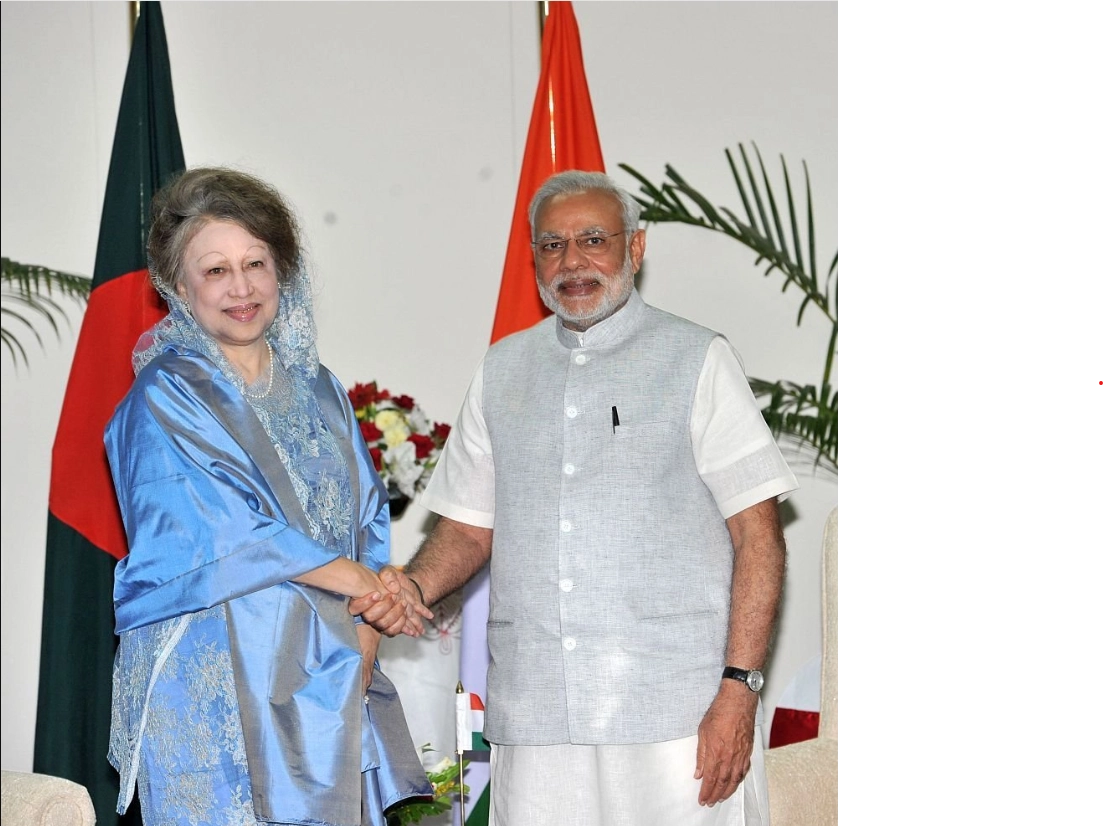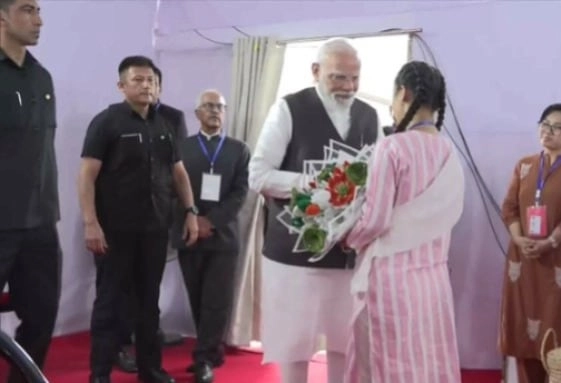Asaduddin Owaisi, a prominent Indian politician and leader of the All India Majlis-e-Ittehad-ul-Muslimeen (AIMIM), has recently made headlines with a strong denunciation of terrorism, particularly in the context of religious extremism. His statement, “Want to murder in the name of jihad,” reflects a growing concern regarding how the term “jihad” is often misappropriated to justify acts of violence and terror. Owaisi’s call against such interpretations underscores the need for a collective effort to combat the misuse of religious ideologies that incite hatred and violence.
In his address, Owaisi emphasized that true jihad is not about violence but rather a struggle for justice, peace, and the betterment of society. He pointed out that the actions of a few individuals who claim to represent Islam do not reflect the beliefs of the majority of Muslims who advocate for peace and coexistence. By highlighting this distinction, Owaisi aims to challenge the narrative that associates Islam with terrorism, a stereotype that has persisted and caused significant harm to communities around the world.
Owaisi’s remarks also serve as a reminder of the responsibility that leaders have in addressing the issue of radicalization. He called for a united front against those who seek to exploit religious sentiments for their gain. The fight against terrorism, he argued, should not be relegated to a single community or group; instead, it requires a collaborative approach that involves all citizens, irrespective of their faith. By promoting dialogue and understanding, societies can work towards dismantling the ideologies that fuel extremism.
Furthermore, Owaisi’s statement is a crucial part of a broader discourse on how communities can reclaim narratives that have been hijacked by extremists. His advocacy for peace and justice aligns with the sentiments of countless individuals who believe in the potential of a harmonious coexistence. The need for educational initiatives, community engagement, and interfaith dialogue is paramount in fostering an environment where extremist ideologies cannot take root. In this light, Owaisi’s call against terrorism is not just a political statement; it is a plea for a more inclusive and understanding society, where differences are celebrated rather than used as a pretext for violence.




